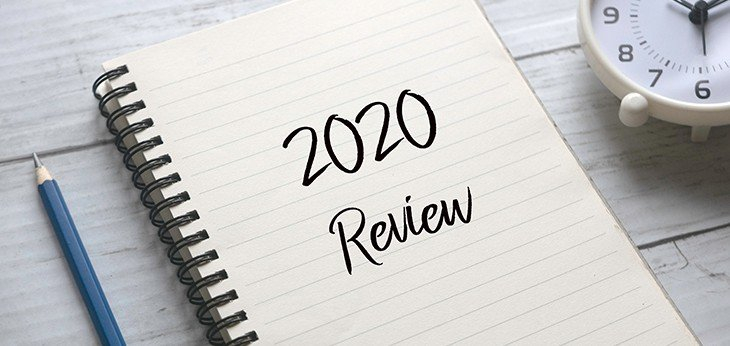The AICD released the annual Not for Profit Governance and Performance Study in early November. As with all things “2020”, there was a strong focus on the impact of the COVID 19 pandemic on the sector.
Some of the financial information contained in the report is worrying, but not surprising. Over the last few years, there has been a steady decline in the number of organisations reporting a profit year on year. However, in 2020, for the first time in four years, more organisations reported a loss (28%) than broke even (23%). For context, AICD conducted this study with a sample of 1,303 participants from the not for profit sector.
However, one of the key themes of the report – which certainly reflects our experience at CBB – is that the impact on the sector has not been universal. This is not a truly common experience; we are not all in this together. For example, profitability increased in environment and social services organisations due to bushfire and COVID funding, but decreased in every other sector.
Additionally, 55% of organisations accessed JobKeeper payments, including 70% of respondents working in the arts, culture, sport and recreation space, where revenue is heavily events-based and seasonal. Compare this to less than 30% of respondents from development and housing organisations, who are more likely to be supported by regular government funding, so are less vulnerable to COVID-induced income fluctuations.
However, despite 55% of respondents receiving JobKeeper payments, only 48% turned a profit. This could be a grim indicator for the future of the sector.
The AICD report laments the structural issues that have effectively prevented parts of the sector from accumulating reserves. This is a long-standing message from the AICD – their 2016 report considers attitudes to profit (and limited profitability) in the sector.
As COVID 19 has shown us, there’s an unhealthy relationship between limited profitability and low reserves. One of the key messages from this year’s report is that organisations were already struggling long before the pandemic struck, and so arrived to meet this new challenge woefully financially underprepared.
“NFPs in human services sectors (such as aged care, disability and mental health) and the arts have struggled with inadequate funding, inefficient funding structures and inequitable distribution of support.”
As a result, 57% of respondents reported that they would use more reserves than planned, sell assets, or borrow funds to support their operations.
Government interventions, including JobKeeper and government stimulus payments, are driving increased profitability for some organisations – allowing them to replenish reserves or establish reserves that were never there before. Sadly, we know that this is a temporary reprieve. The end of JobKeeper and the impact of the recession will create further challenges into 2021 and beyond.
Importantly, 87% of respondents to the AICD survey reported that they were worried about the state of the Australian economy. In fact, 61% reported plans to invest in service efficiency and 32% intend to invest in restructuring to help weather the storm. Unfortunately, for those organisations that were already financially weak and didn’t receive additional support, the AICD predicts an ‘accelerated decline’.
Whilst mergers are sometimes seen as a golden bullet for struggling organisations, it hasn’t been their first response to pandemic worries. The AICD reports a decline in merger activity compared to previous years.
Instead, over three-quarters of organisations are changing the way they operate. This includes changes to service delivery and governance, including more digital meetings. These changes are likely to have long term implications. Organisations reported that existing business continuity plans were not well positioned to respond to a pandemic, and we’re certainly hearing of clients who have reviewed staffing and resourcing (including PPE) and invested in training and cross-skilling for a more adaptable workforce. CBB is committed to helping not for profits to deliver their social objectives by enhancing their capacity and sustainability. Clearly, we don’t want to see organisations fail because of the ongoing effects of COVID 19.
In response to the events of the year, we’ve been running our ResilientMind program, which helps not for profit leaders to develop their personal skills and approaches for leading their organisation through volatile and uncertain times.
In 2021, we’ll be releasing a range of free resources specifically targeted at building business resilience for not for profits. Make sure you subscribe to Foreword for updates.






